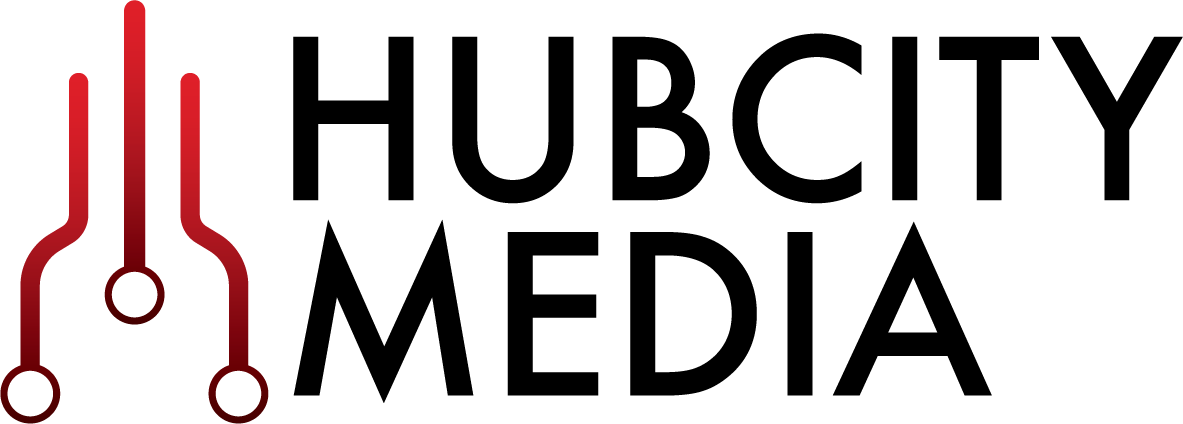Confidentiality and Ethics: When Outside Consultants have Inside Access
Ethics Through The Eyes Of An IAM Consultant
As Identity and Access Management (IAM) consultants, we spend a significant amount of time in differing client environments, often having access to databases, directories and applications containing very sensitive user data.
For example, we might be at a client site with full access to their Human Resources application. These applications contain very sensitive user information, including home addresses, social security numbers, salaries, etc. I can personally recall several instances where I was on a project with all of this data accessible.
With increasing security concerns in both consumer applications and large-scale enterprise deployments, it becomes even more critical as professional consultants to adhere to a code of ethics that maintains end-user privacy, preserves confidentiality and protects against information leaks.
A few things to keep in mind:
We have a responsibility to our clients and their user base to maintain privacy. User data, not just personally identifiable information, should always be respected. User data in Development and Quality Assurance environments is often directly copied from Production. This is a great security risk, as non-Production environments are often less secure and have greater levels of access within an organization, making them prone to misuse. Clients are advised to invest time in sanitizing data in these environments (e.g. scrambling SSNs or changing birth dates). With a bit of work, it is very much possible to maintain and mirror Production level data in Test environments.
While working on client projects, we have an obligation to keep information that we discover confidential. For instance, a consultant might have access to a client's IAM system and see a familiar employee in a 'Disabled' state with all access revoked. While it might be tempting to share this information with colleagues, it is highly unethical to do so. Often, we are asked to sign non-disclosure agreements; however, even if we are not, there is still a strong responsibility to keep private information private.
We also have an obligation to report when confidentiality might be at risk. For example, if you received an improperly distributed spreadsheet containing very sensitive information, such as employee salaries, you should quickly realize the error and immediately inform someone who is able to intercede before that information is leaked. If not, extremely sensitive data could be severely compromised.
Computer systems can be used to violate the privacy of others. As consultants, we have an obligation to maintain confidentiality. In the end, it’s about being professional and respecting the value of privacy.
For further reading about this topic, please refer to Software Engineering Code of Ethics and Professional Practice by the Association of Computing Machinery.
